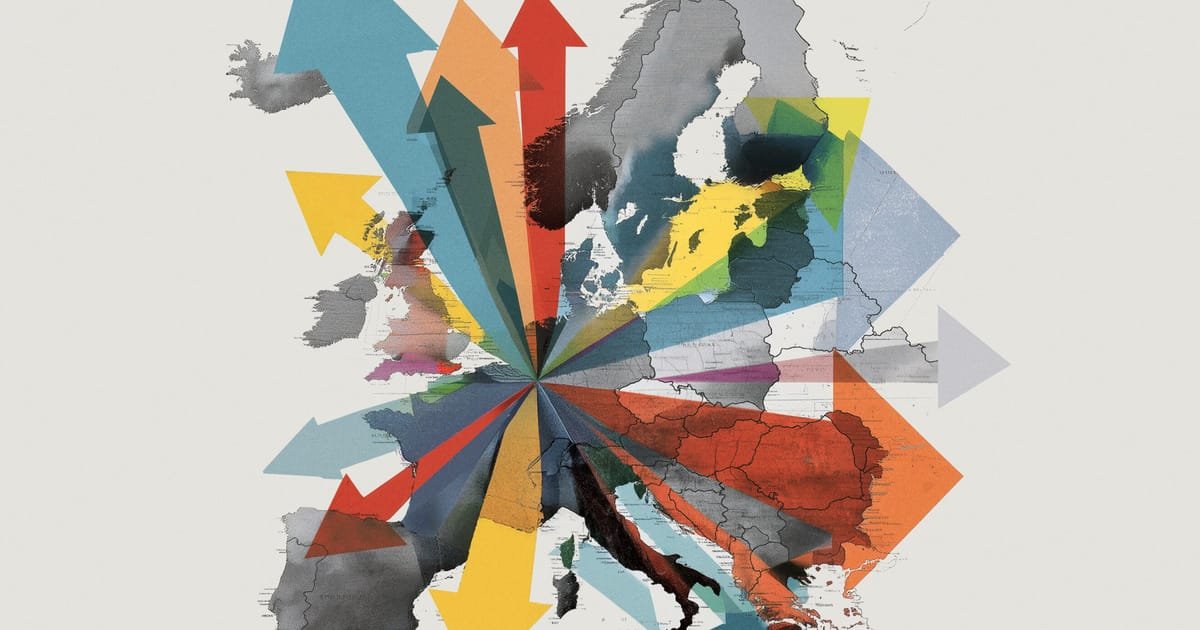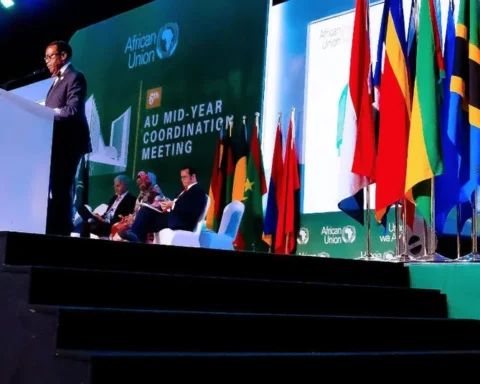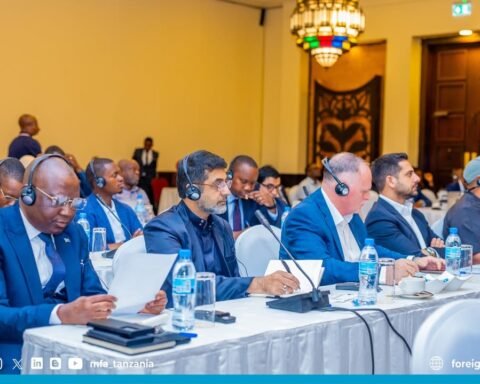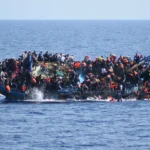Denmark has taken over the rotating Presidency of the Council of the European Union, a leadership role that gives the Nordic country the ability to guide the EU’s legislative and policy agenda for six months.
While it may go unnoticed outside Europe, this position carries global implications—especially in areas like climate policy, trade, migration, and international diplomacy.
“This is a moment for Denmark to help steer Europe through major transitions,” said one EU official. “It’s about building strength and resilience both within and beyond our borders.”
The presidency rotates every six months among EU member states, and the country holding it is responsible for:
- Organizing and chairing ministerial meetings
- Negotiating legislative files
- Representing the Council in talks with other EU institutions
Denmark’s 2025 theme—“A Strong Europe in a Changing World”—reflects its aim to strengthen Europe’s capacity to respond to new challenges, including security threats, climate emergencies, and shifting global power dynamics.
Also Read; Kuwaiti Prince’s Faith Confession Sparks Stir
Denmark’s Top Priorities
- Security and Strategic Autonomy
Denmark is supporting the EU’s push for strategic autonomy, allowing Europe to defend itself more independently while still cooperating closely with NATO. - Green and Digital Transitions
Denmark wants the EU to adopt a binding target to reduce greenhouse gas emissions by 90% by 2040, in line with the European Green Deal. It’s also pushing for faster adoption of digital infrastructure and innovation. - Boosting Economic Competitiveness
The presidency is committed to simplifying EU regulations and reigniting trade talks—including progress on a potential EU–US trade deal. - Migration and External Borders
Denmark aims to strengthen the EU’s approach to managing migration, both through tighter border controls and increased cooperation with countries of origin, particularly in Africa.
This EU role overlaps with Denmark’s current position as a non-permanent member of the UN Security Council (2025–2026), enhancing its diplomatic influence on global issues like conflict prevention, human rights, and sustainable development.
In recent years, Denmark has been expanding its partnerships in East Africa, opening embassies in countries such as Rwanda, Senegal, and Tunisia. During its presidency, it aims to strengthen these ties further, focusing on joint initiatives in trade, climate adaptation, and peacebuilding.
“We don’t just want stronger borders—we want stronger partnerships,” noted a senior Danish diplomat. “Our vision includes fairer trade, green investment, and deeper dialogue with African nations.”
Though Denmark’s presidency only lasts six months, it plays a vital role in shaping the EU’s future stance on pressing global issues—from finalizing the 2040 climate framework to laying groundwork for the next EU budget (2028–2034).
Denmark’s leadership is also key to ensuring that the EU’s foreign policy aligns with broader international values, including democracy, human rights, and rule-based multilateralism.







